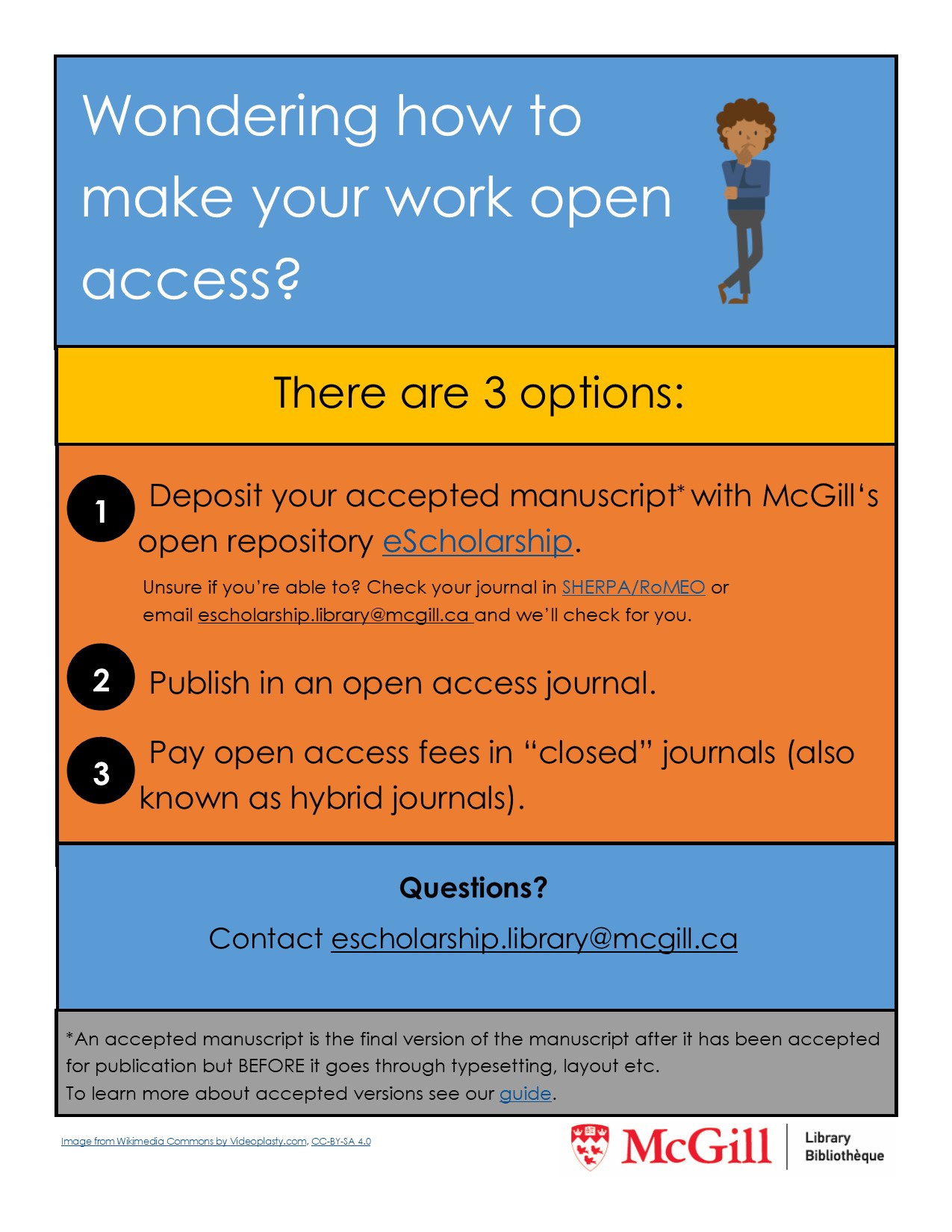A big thank you to Mary Agopian for submitting her MIMM 214 assignment to post on The Turret. This guest post will help you understand the impacts of stress on your health.
_______________________________________________________________
Dear University Students, Chronic Stress Affects your Immune System
By: Mary Agopian
Fatigue, headaches, irritability, digestive problems, heart palpitations, insomnia, dry mouth, and many more [5]; these are all symptoms we have experienced at one moment or another during periods of high stress, such as during midterm and exam season. Stress linked conditions are on the rise [5], the leading demographic being young adults ages 17-24.[1] As university students, our stress levels might spike and then gradually decrease as we finish each exam, but as these stress episodes become more and more common in our daily lives, the episodic stress turns into chronic stress. Chronic stress can be described as when the symptoms stated above start presenting themselves together, many times in a row, over a long period of time.[6] Chronic stress can influence many different facets of our lives, it can introduce a strain in our academic careers, our personal relationships, and our physical health. But, chronic stress can also have a major influence on our immune system.[7] How exactly can it do that?
Four and a half decades ago, Robert Ader and Nicholas Cohen [8] coined the term “psychoneuroimmunology”. This term describes the complex interaction between the nervous system and the immune system. Both of these systems are constantly communicating and influencing one another through biological messengers called cytokines.[9] Cytokines are a broad class of proteins that signal to other molecules in the immune and nervous system to start or maintain functions that are essential for everyday life. Imagine cytokines as town criers, the town’s people rely on cytokines for news about their town and news about the next town over, since the next town’s activities will also impact their daily lives. Expanding this analogy into psychoneuroimmunology, cytokines deliver important messages, also known as signals, concerning both the immunological system and the neurological system, since both systems are intertwined with one another- like two towns situated next to each other. Proinflammatory cytokines are a subset of cytokines that make up a large part of our defense against disease.[9] Continuing with our town crier analogy, these proinflammatory cytokines would be a subset of town criers that relay news solely relating to attacks, also known as infections. In an episodic stress response, the proinflammatory cytokines are increased allowing for more signalling that an attack is underway. While in a chronic stress response, inflammatory cytokines are decreased leaving there to be an open door for infections. But, how is it possible that chronic stress can have that drastic of an effect on proinflammatory cytokines?
The study A Possible Change Process of Inflammatory Cytokines in the Prolonged Chronic Stress and Its Ultimate Implications for Health [10] published by Tian Rui et al. explains this very phenomenon. It states that the presence of chronic stress can change the expression of certain parts of our brain, like the hypothalamic pituitary adrenal (HPA) axis. The HPA axis controls our stress response by upregulating or downregulating the secretion of certain hormones.[11] In the case of chronic stress, there is a downregulation of the HPA axis’s activity which has the effect of increasing the presence of the hormone- cortisol.[11] Cortisol has many complex and dynamic functions in the body, but for the sake of simplicity, we will only consider its stress related function.[12] High levels of cortisol block the activity of proinflammatory cytokines, explaining why chronic stress leaves us more vulnerable to infections. [13]
As we enter the summer season and take summer courses or find ways to spend our time, I would advise that we take care of our stress levels and find healthy coping habits; talking to one another virtually or seeing a professional if and when possible, taking long walks, meditating, dancing, watching an episode (or a few episodes) of our favorite trashy TV show. These might seem like huge wastes of time, but in the long run they help decrease stress levels and keep us healthy by not putting our immune system at risk.
References
- Bethune S. Teen stress rivals that of adults [Internet]. American Psychological Association (APA). 2014 [cited 24 January 2020]. Available from: https://www.apa.org/monitor/2014/04/teen-stress
- Reinberg S. More College Students Seeking Mental Health Care [Internet]. Consumer HealthDay. 2018 [cited 22 January 2020]. Available from: https://consumer.healthday.com/mental-health-information-25/anxiety-news-33/more-college-students-seeking-mental-health-care-738933.html
- Stress, Mental Health, and Generation Z [Internet]. Western Governors University. 2019 [cited 22 January 2020]. Available from: https://www.wgu.edu/blog/stress-mental-health-generation-z1906.html
- Levine R. U of T expert on the rise of students seeking help for mental health [Internet]. University of Toronto News. 2019 [cited 23 January 2020]. Available from: https://www.utoronto.ca/news/u-t-expert-rise-students-seeking-help-mental-health
- Kandola A. What are the health effects of chronic stress? [Internet]. Medical News Today. 2018 [cited 25 January 2020]. Available from: https://www.medicalnewstoday.com/articles/323324.php#signs-and-symptoms
- Sachs B. Coping with stress. Stress Medicine [Internet]. 1991 [cited 25 January 2020];7(1):61-63. Available from: https://onlinelibrary.wiley.com/doi/abs/10.1002/smi.2460070111
- Goldman B. Study explains how stress can boost immune system [Internet]. Stanford Medicine News Center. 2012 [cited 22 January 2020]. Available from: https://med.stanford.edu/news/all-news/2012/06/study-explains-how-stress-can-boost-immune-system.html
- Robert Ader, Founder of Psychoneuroimmunology, Dies [Internet]. University of Rochester Medical Center Rochester. 2011 [cited 22 January 2020]. Available from: https://www.urmc.rochester.edu/news/story/3370/robert-ader-founder-of-psychoneuroimmunology-dies.aspx
- Hou R, Baldwin D. A neuroimmunological perspective on anxiety disorders. Human Psychopharmacology: Clinical and Experimental [Internet]. 2011 [cited 24 January 2020];27(1):6-14. Available from: https://doi.org/10.1002/hup.1259
- Tian R, Hou G, Li D, Yuan T. A Possible Change Process of Inflammatory Cytokines in the Prolonged Chronic Stress and Its Ultimate Implications for Health. The Scientific World Journal [Internet]. 2014 [cited 22 January 2020];2014:1-8. Available from: https://www.hindawi.com/journals/tswj/2014/780616/
- Alschuler L. The HPA Axis [Internet]. Integrative Therapeutics. 2016 [cited 1 March 2020]. Available from: https://www.integrativepro.com/Resources/Integrative-Blog/2016/The-HPA-Axis
- What is Cortisol? [Internet]. Hormone Health Network. 2018 [cited 1 March 2020]. Available from: https://www.hormone.org/your-health-and-hormones/glands-and-hormones-a-to-z/hormones/cortisol
- Fernandes E, Estanislau C, Venancio E. Moderate Intensity Physical Exercise: Psychoneuroimmunological Aspects [Internet]. ResearchGate. 2020 [cited 25 January 2020]. Available from: https://www.researchgate.net/publication/328564056_Moderate_intensity_physical_exercise_Psychoneuroimmunological_aspects

